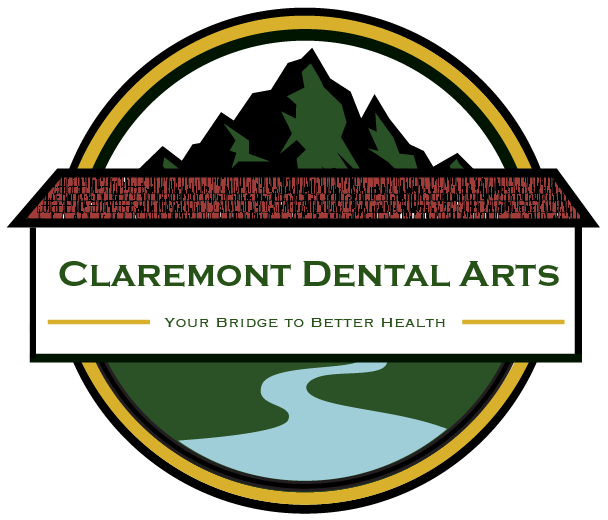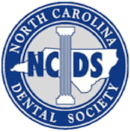
Most of us grow up with constant warnings that too much sugar is bad for you and for our teeth. While sugars are a family of naturally occurring substances found in many natural foods, refined and processed sugars are a product of human ingenuity and while they are drawn from nature they function a bit differently than their natural counterparts. We’ve talked before on this blog about the effects that sugar consumption can have on oral health and how it can lead to tooth decay or even tooth loss. Thus avoiding or limiting consumption of processed sugar is a big step in establishing good oral health, but this is often challenging. One of the issues may be sugar addiction, a subset of food addiction or eating addiction. So, are you addicted to sugar? Let’s learn a bit more about sugar addiction and what it does to us.
Food addictions in the main stem from the body’s desire to fuel itself in the most efficient way possible. While this makes sense in the context of human evolution and the hunter-gatherer experience, in our society of abundance it can occasionally lead to issues. Food addictions stem from the body’s response to high-energy foods, which generally means high-fat or high-sugar foods. Sugar is especially insidious this way, as some research suggests that it affects the pleasure zones of the brain in much the same way cocaine does. Sugar addiction is a psychological addiction rather than a physical one, but it’s no less powerful than that. Breaking out of sugar addiction can be challenging indeed.
So how do we address sugar addiction from an oral health perspective? As we’ve pointed out before, sugar has a deleterious effect on our oral health, contributing to bacteria growth in the mouth, the development of plaque and tartar, and eventually cavities and tooth decay. If you find yourself compulsively turning to sugary snacks or sweet foods, you may have some version of sugar addiction. This is a topic that affects all aspects of your health, and you should discuss it with both your doctor and your dentist. They know you and your individual situation and can make some suggestions that may help you deal with the problem.
There are some tips and tricks for dealing with sugar addiction, most of which aim to replace the “reward” of sugar with something else. Gradually replacing sugary foods with healthy alternatives works for many people, as does Making sure that you don’t have sugary or sweet foods in your house is a big step, but for many folks, it’s the clean break they need. Increasing physical activity to stimulate endorphins and the brain’s “reward” cycle can both take your mind off of your sugar cravings and give you a new way of making yourself happy. In all of this, please avoid the “I’ll just have one this one-time” trap. You’re building a new habit, and breaking that habit “just once” no matter how good the reason can set you back a long way. Make a plan and stick to it.
Sugar addiction is real, and in a society that adds so much refined sugar to its food, it can be a hard habit to break. Talking with your doctor and dentist, applying some habit-changing strategies and discipline, and then reminding yourself that the end goal is worth it can all go a long way towards helping break sugar addiction once and for all.




